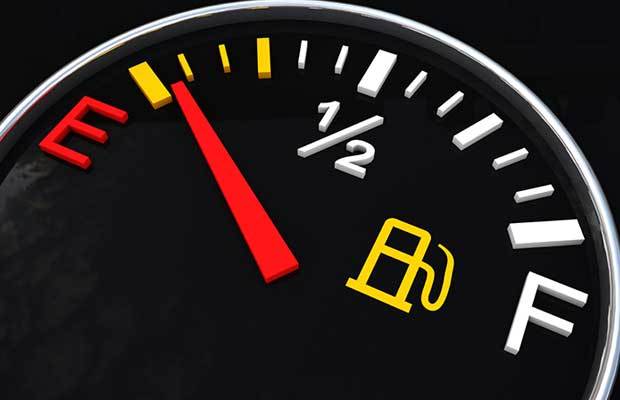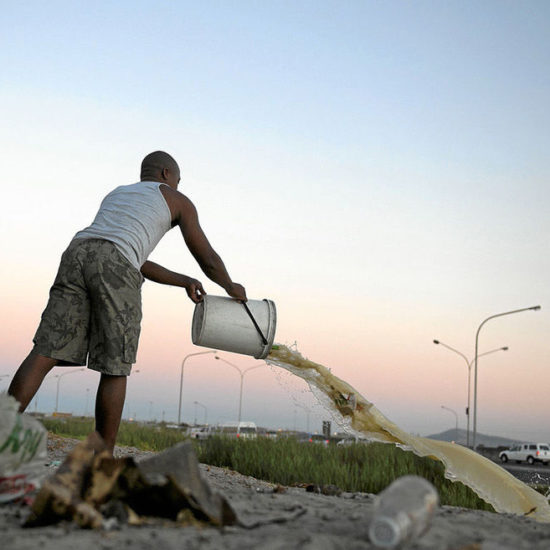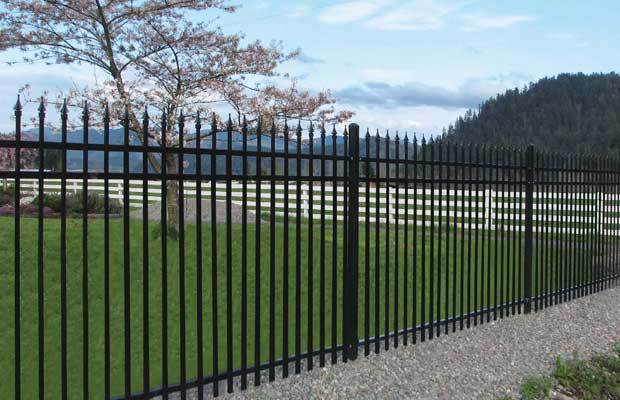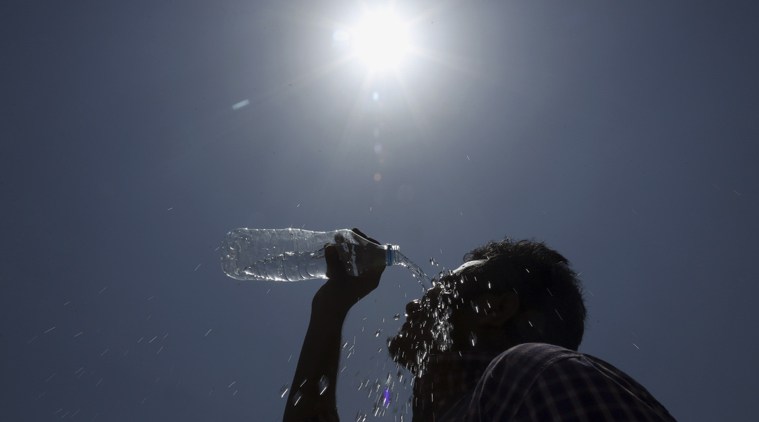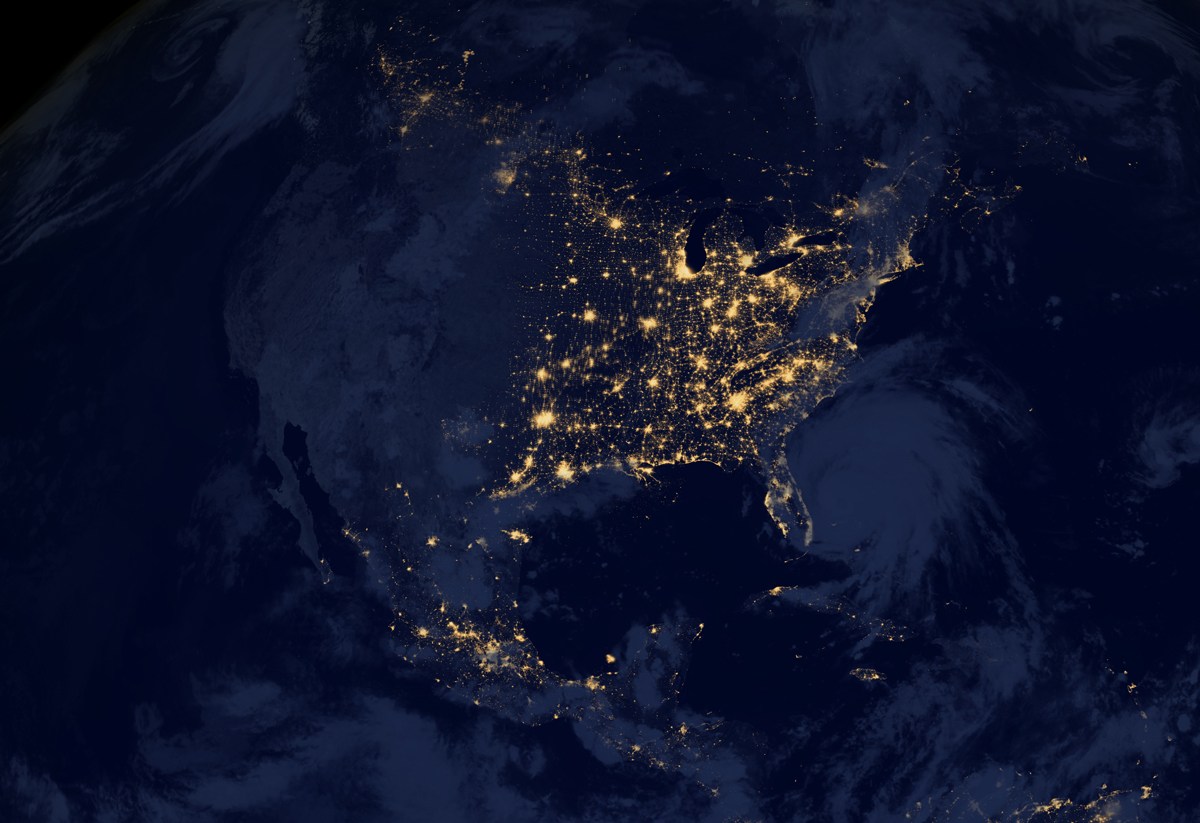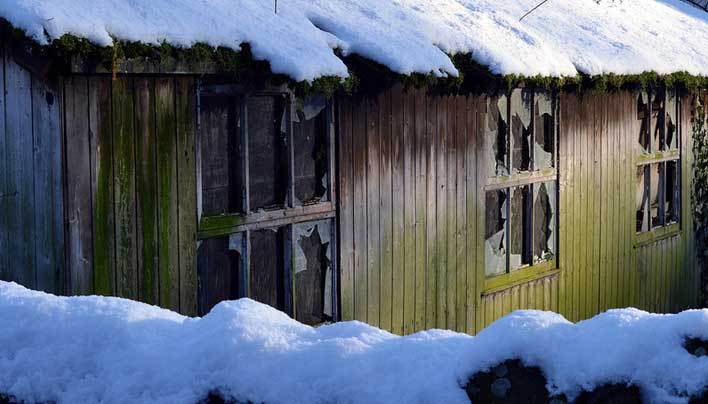
Under normal circumstances, home security systems such as ADT home security can be an excellent step towards achieving peace of mind. But these systems are far from a cure-all for your home security needs – especially in a grid-down scenario where your system is left unplugged. Even alternative power sources run dry eventually, meaning that relying on a home security system solely for your home defense needs is careless. These can also become impractical when an emergency drives a family from their home, leaving remains open to looters and thieves.
Often during emergencies, homeowners are taken advantage of while away at an emergency shelter or searching for supplies, making sustainability an important safety feature. Your household should also be prepared to handle intense heat, cold, and grid-down scenarios for as close to indefinitely as possible. While a home security system can be an immensely effective tool in warding off potential crooks when everything is running as it should, there are certain aspects of home security that homeowners should consider when preparing their home in order to take whatever the world throws at us in stride.
Weatherize your home
When your power runs out, one of the most noticeable conveniences you’ll sorely miss is indoor climate control. Even with an alternative power source, heating and air conditioning are not practical uses for power when it becomes scarce. Weatherizing your home both improves your family’s health and comfort while allowing your family to stay within shelter without needlessly searching for fuel sources or outside aid. It also protects your family from the dangers of carbon monoxide that many basic fuel sources create. Finally, a well-sealed home is also more likely to avoid the complications of flood damage. To prevent extreme weather conditions affecting protection against home invasion or personal injury, there are several steps to consider in preparing your home.
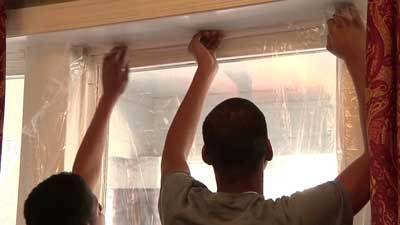
Weatherize your home.
First, it’s crucial to have an energy audit performed in your home. Professionals often offer energy auditing services, though a DIY approach to this task can be fruitful. Put simply, this audit is about checking your home’s insulation, looking for air gaps, and sealing your home as tightly as possible inside and out. For more information and advice on energy audits, see Energy.gov.
Some other crucial steps of weatherizing include protecting your pipes from freezing or corrosion. Should your water remain potable throughout a natural disaster or emergency, it would be important to keep your water source as well-maintained as possible to withstand the hardiest conditions. (However, water frequently becomes not fit to drink for a while after the grid goes down when filtration systems lose power; see the following section for advice on water sources.)
Besides sealing your home well, consider some simple modifications to weatherize your windows and lower the chances of your home becoming damaged, especially during storm or blizzard conditions. Shatter-proof panes, shutters, and storm windows are excellent affordable options in making sure your windows won’t shatter, which makes home invasion and personal injury from debris all the more unlikely.
Prepare food and water sources
Keeping your family unexposed to the elements outdoors and looters is the only sure way to defend them, so unless there is an emergency shelter accessible it is prudent to become as sustainable as possible in your home. As a bare minimum, the FDA recommends creating a supplies kit that would last your household at least 72 hours. A household able to function without requiring travel or delivery for resources is ideal, though only possible through meticulous planning.
A steady supply of preserved, dehydrated, or garden-grown foods is your first concern. Your food supply should be non-perishable; but this can make avoiding salty, dehydrating foods difficult. Seek out salt-free or low sodium versions of foods that your family enjoys. Dry mixes and dehydrated foods are a popular choice amongst preppers for their healthiness and shelf-life. Canned foods are feasible, though usually come steeped in salt and other preservatives. Generally, any food which requires neither cooking nor refrigeration is best.
Keeping a potable water supply besides your water system is another essential part of a good survival plan in your family. Some types of water contamination can be boiled away, though this form of sanitation can be inconsistent and requires a fuel source. Bottled water can be helpful, though scarcity and expiration dates definitely limits their use. For in-depth advice on properly sanitizing different outdoor and indoor water sources, see this pamphlet by the Red Cross. The popular rule of thumb is that you should have a gallon of water per individual to cover both their hydration and sanitary needs. If your emergency situation is in a particularly hot climate, you may need to double or even triple this standard.
Have a family plan
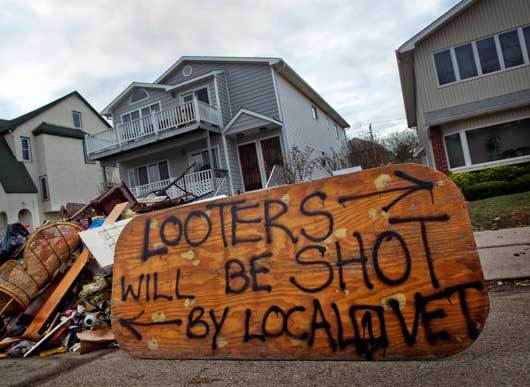
You can’t say you didn’t warn them.
Preparation is the biggest factors playing in your odds for survival in any emergency – and natural disasters are no exception. In order for your family’s emergency plan to be successful in survival and to keep your home secure, mutual planning is necessary. Each of your family should be aware of meeting areas for circumstances when family members need to leave or when a home invasion occurs. Share common emergency contact information and know precisely where to go when a member becomes separated.
Your plan should incorporate some basic kits of medical supplies, batteries, alternative power supplies, light sources, and anything else to cover the special needs of your family. If possible, stocking on medications that your family might require in advance is a good precaution. Make sure you have adequate tools that run independently of power, such as auxiliary locks for entrances with electronic locks and manual cooking appliances. Your primary concern for backup generators and other power sources should be for lighting and communications devices.
To enhance your home defense during power-down scenarios, there are a few modifications you can make. Equipping the front of your home with motion sensing lights can ward off potential looters. Alternatively, sealing main entrances with signage warning off looters can make your home less of a target – especially if leaving your home is necessary when resources run dry. Maintaining your presence known can be a powerful deterrent to burglars, but avoid making your resources or power obvious to outside observers.
What other tips would you recommend to families faced with a natural disaster to keep their family members and home safe?
















